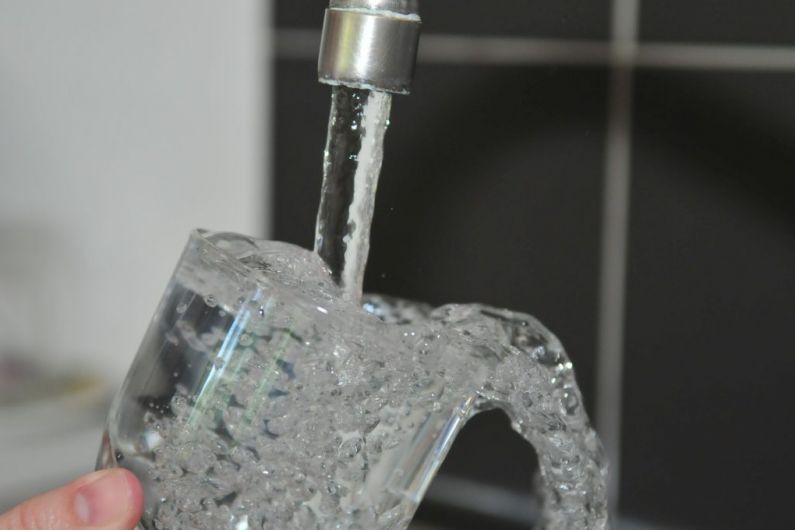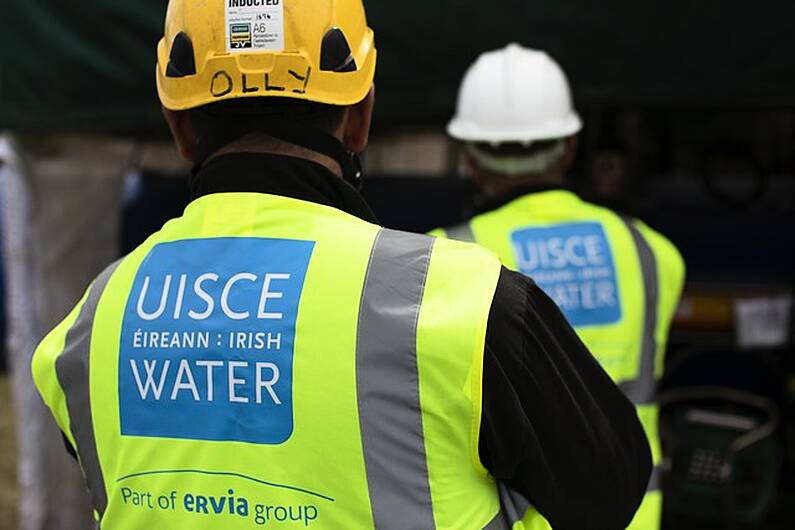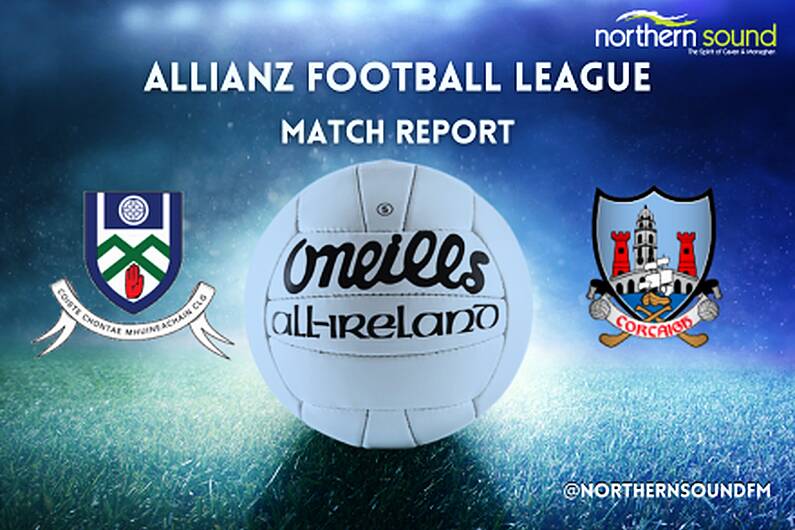One exceedance for pesticides was detected in the public drinking water supplies in Co Monaghan in 2022. It was detected as part of Uisce Éireann's public water supply monitoring programme.
A spokesperson for Uisce Éireann says MCPA is still the most commonly detected pesticide in drinking water sources and is present in many commonly used herbicide products used to control thistles, docks and rushes.
The Glaslough public water supply abstracts raw water from the Emy Lough, which is vulnerable to runoff from land.
Uisce Éireann is asking users of any herbicide or pesticide products to consider the vulnerability of their local drinking water supplies to pesticide contamination and the importance of these supplies to local homes and businesses in the community.
Uisce Éireann and the NPDWAG are asking the farming community, greenkeepers, grounds keepers, and also domestic users of pesticides, to consider in each case whether they need to use pesticides at all. Pesticides must only be used where strictly necessary and only after the possibility of using other control methods has been carefully considered. Minimising pesticide use not only helps to protect water quality but also has multiple wider environmental benefits.
For example, leaving areas unsprayed can help native flowering plant species to grow and support a range of insects including bees and other vital pollinators. One third of Ireland's bee species are threatened with extinction and by helping the bee population survive and thrive we are also helping to protect our precious water sources. For more information on practical ways to help bees and other pollinators, check out the All-Ireland Pollinator Plan at pollinators.ie. Farmers should also bear in mind







